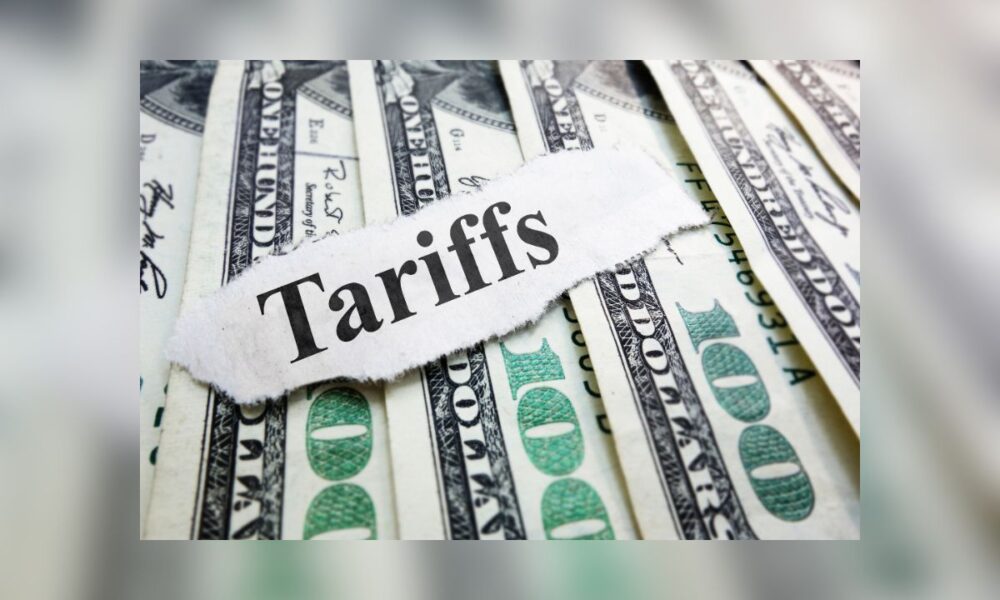Whirlpool Corp., the Michigan-based appliance giant, stands to gain from new federal tariffs on imported appliances, according to Chief Executive Officer Marc Bitzer.
Beginning next week, appliance importers will face new duties tied to the steel content in their products—a change Bitzer said will bolster Whirlpool’s U.S.-made offerings.
“We expect that this all turns into a net tailwind for us in the second half,” Bitzer said in an interview, The Wall Street Journal reported. He estimated the new tariffs could increase retail prices of competing appliances by $50 to $70, potentially swaying consumer purchasing decisions toward Whirlpool’s products.
The company’s foreign competitors preemptively shipped high volumes of appliances to the U.S. ahead of Liberation Day, Bitzer noted. However, with the tariffs now in place, he said Whirlpool is poised to capitalize on its domestic manufacturing advantage. Whirlpool’s stock closed slightly higher on Tuesday, reflecting market optimism.
Bitzer reiterated Whirlpool’s commitment to U.S. manufacturing during a Thursday appearance on Fox News’ Mornings with Maria.
“This year, we went big,” he said. “With tariffs now finally coming into place and our trust and confidence in the administration will hold firm, we will invest more in the U.S.”
The CEO detailed plans for significant investments in Whirlpool’s U.S. factories, emphasizing new products and automation.
“So we are about to make some big additional investments, and also communication, in favor of our U.S. factories,” Bitzer said, per Fox News. “Because right now, very simply, economically, the business case for products made in the U.S. has just become a lot more attractive, and we will invest more.”
Whirlpool, headquartered in Benton Harbor, Michigan, announced earlier this year a refresh of 30% of its product range, prioritizing U.S. sourcing and production.
“Frankly… we could have had the choice. Do we produce it in Ohio? Do we produce this somewhere abroad? We will produce it in the U.S.,” Bitzer said. He highlighted investments in capital equipment and factory automation, noting that vertical integration would benefit U.S. factories, products, and consumers.
Although Whirlpool missed its Q1 2025 earnings and revenue targets, Bitzer expressed optimism that increased domestic production and higher factory utilization could significantly improve the company’s performance in the latter half of the year.
“Once you get the volume of factories, and you run a factory [at] 70-80% capacity, that makes a big difference on your bottom line impact,” he said. “Having, in a fixed-cost business, a good and healthy factory load is a big deal.”
Bitzer also underscored Whirlpool’s reliance on American steel, with 96% of its steel sourced domestically.
“As a heavy-dependent steel appliance manufacturer [who] uses a lot of steel, we need strong U.S.-based steel production, period,” he said, Fox News reported. “And I fully agree, this is crucial for the future of this country.”
Whirlpool considers itself a “net winner” in the current market, with Bitzer expressing confidence in filling factories to optimal levels in the third and fourth quarters. The company’s focus on domestic production and strategic investments signals a robust outlook for its role in the U.S. economy.


